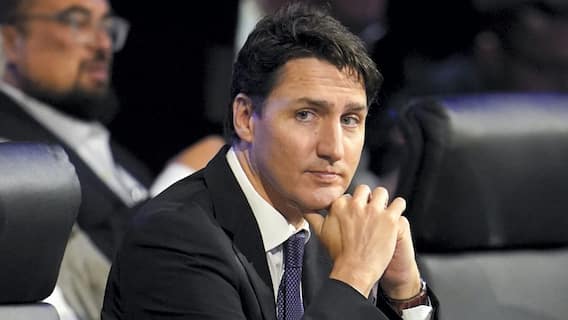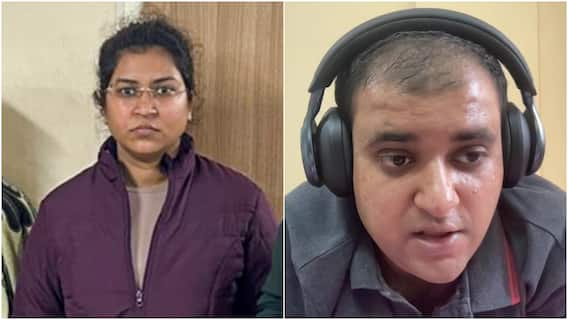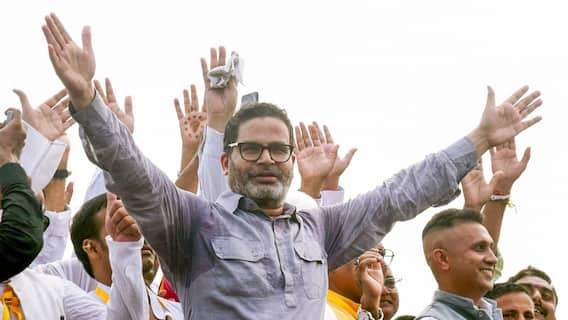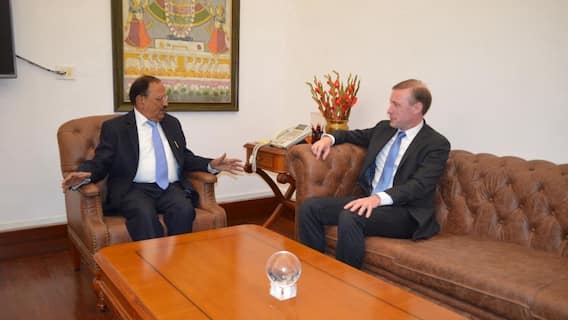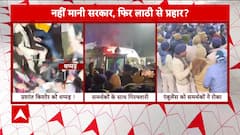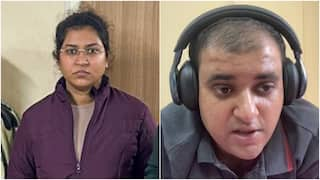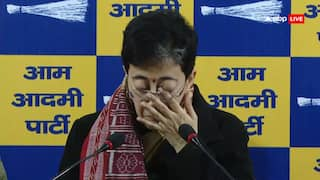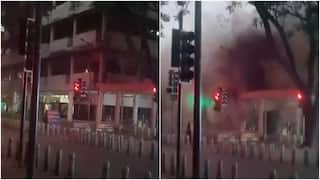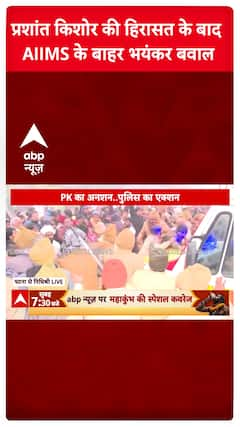Siva Industries Case: 'Should Defaulting Promoters Be Allowed To Buy Own Firms At Deep Discounts?' NCLT Asks Lenders
Should defaulting promoters be allowed to buy their own firms at deep discounts under the IBC? NCLT asks lenders to explain the rationale for accepting Industries promoter's offer with over 90% discount.

Mumbai: Essar Group promoters lost control of Essar Steel to ArcelorMittal in 2019, despite offering Rs 54,389 crore to come out of bankruptcy against ArcelorMittal's bid comprising an upfront payment of Rs 42,000 crore towards debt repayment and a capital injection of Rs 8,000 crore.
On the other hand, lenders of Siva Industries' decision to accept the offer by its promoter C Sivasankaran, forcing them to take a 90% haircut against the debt of about Rs 5000 crore, has raised many eyebrows.
On Friday, the Chennai bench of the National Company Law Tribunal (NCLT) has asked lenders to explain the rationale behind the one-time settlement (OTS) offer made by Siva Industries promoter under Section 12A of the Insolvency and Bankruptcy Code (IBC), 2016.
ALSO READ | Gautam Adani Loses More Money Than Any Other Billionaire Globally, Investors Suffer
"Although there is no specific bar in entering into One Time Settlement (OTS), but any arrangement with a wilful defaulter certainly goes against the spirit of section 29A of IBC," Ashish Singh, Managing Partner of Capstone Legal, told ABP News.
According to Section 29A of IBC, an insolvent, a wilful defaulter, or a person who was a promoter or was in the management of the corporate debtor, among other conditions, would not be allowed to bid for the insolvent company concerned.
"Moreover, in many cases, a criminal case is also pending and practically speaking, the acceptance of OTS definitely has an impact on the ongoing criminal proceedings," said Mr. Singh.
The Central Bureau of Investigation (CBI) and the Directorate of Enforcement (ED) are looking into allegations of having caused a loss of over Rs 600 crore to IDBI Bank.
Off late, the defaulting promoters are seen making hurried bids to regain control of their bankrupt firms from ongoing bankruptcy proceedings.
Besides, Sivasankaran, Kapil Wadhawan also proposed taking back control of Dewan Housing Finance Ltd (DHFL) and Manoj Gaur's settlement offer for debt-ridden Jaypee Group.
Under Section 12 A of the IBC, banks can withdraw the bankruptcy application if most lenders agree.
"Clearing Section 12A is a high bar, requiring 90% of the voting block of the CoC. In SIHL's case, its invocation means that the lenders agree not to submit the company to liquidation, presumably because they believe the residual value recoverable from SIHL is lower than the settlement amount reached with the promoters," Utkarsh Sinha, managing director Bexley advisors, told ABP News.
Sinha believes that it would be difficult for the lenders to secure the NCLT nod for Sivasankaran's bid.
"Every case is specific, and globally restructuring or insolvency proceedings are not always punitive, and do not intend to assign blame to the individuals at the helm at the time of default. In fact, it can sometimes be a means to get a clean slate to start-over and make the company profitable. But with specific clauses in the IBC code preventing promoters from returning to run a company, it would be doubtful that the SIHL proposal would get an NCLT nod," said Sinha.
About The Promoter
Serial entrepreneur C Sivasankaran has been a consummate deal-maker and made money through series of deals and telecom businesses.
He founded Aircel and commenced operations in Tamil Nadu in 1999 and became the market leader in Tamil Nadu and had a considerable presence in Odisha, Assam, and North-East telecom circles.
His trouble started when Siva deposed before the agency against friend-turned-foe Dayanidhi Maran that the latter had forced him to sell Aircel to Maxis of Malaysia before giving him license in 14 circles when Maran was the telecom minister.
Siva was back in the telecom circle as he launched S Tel and sold a 49% stake in the firm to Bahrain Telecommunications (Batelco), but the Supreme Court in 2012 canceled all 122 spectrum licenses granted during the tenure of former communications minister A Raja.
Trending News
Top Headlines







